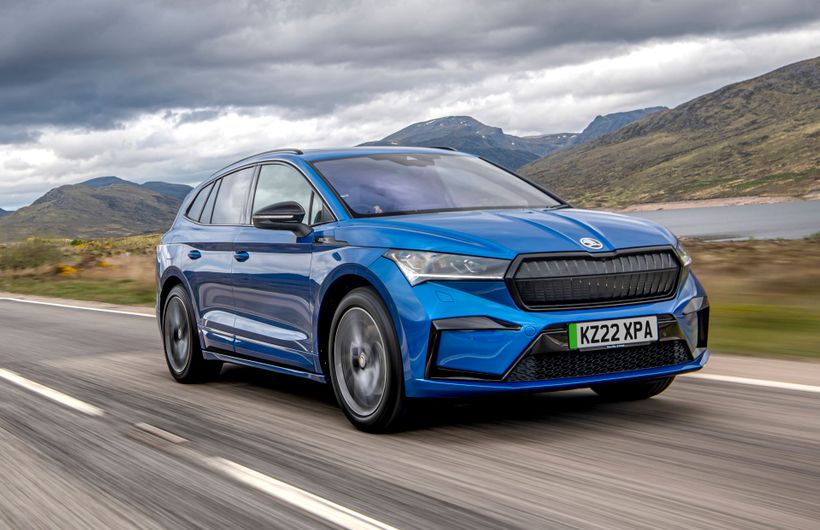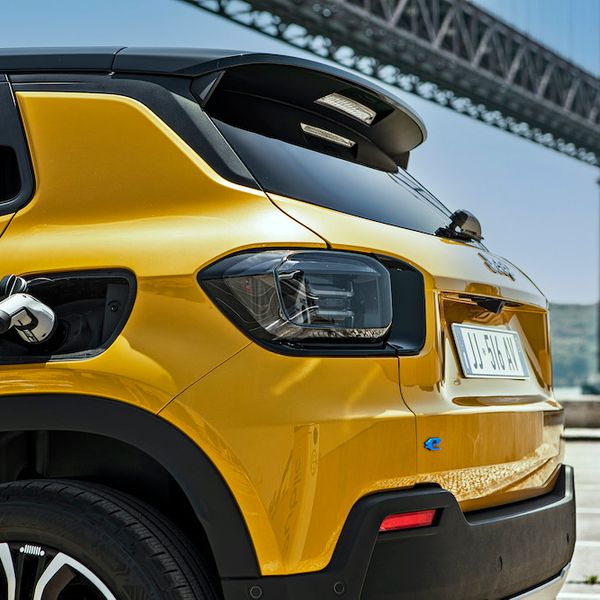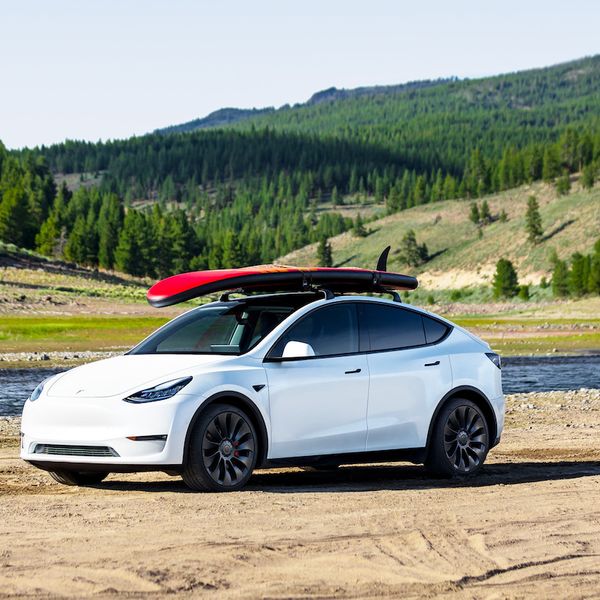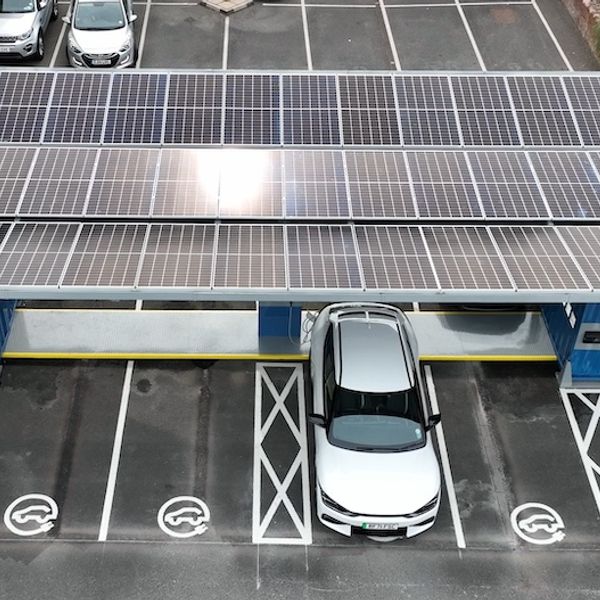Competition in the European electric car market is hotting up with Volkswagen and Stellantis heading the sales charts for the first six months of 2022. Tesla, which has been hit by factory shutdowns in China and slow production at its new Berlin plant, fell to third place.
From January to the end of June, the Volkswagen Group – which includes ŠKODA, SEAT and Audi – sold a total of 116,307 fully electric vehicles. The ŠKODA Enyaq was the Group’s top-selling model in the group, followed by the ID.4. Stellantis – which owns Fiat, Vauxhall, Peugeot and Citroen reported sales of 105,413 battery electric cars over the same period. The Group’s sales were led by the Fiat 500 Electric, which was the best-selling electric car in Germany and Italy in the second quarter of the period.
Stellantis also reported strong sales for the Peugeot e208, which saw sales rise by 11 percent when compared to 2021. The supermini is, predictably, the biggest selling electric car in France, with its Opel-badged stablemate the Corsa-e also enjoying strong demand.
Tesla’s quarterly registration figures fell to their lowest levels in two years following an enforced, Covid-related factory shutdown at its Giga Shanghai plant. This, combined with slower-than-anticipated production at the brand’s new plant in Berlin, meant that Tesla sold 78,277 cars in Europe. Despite this, the Model Y was the best-selling electric car in Europe, racking up 39,969 sales in the period from January to the end of June.
While all manufacturers are continue to wrangle microchip shortages, the second half of the year is likely to see sales figures rise significantly. Both Stellantis and the Volkswagen Group will expand their portfolio of cars significantly by the end of the year. The all-electric Peugeot e308 and Vauxhall Astra-e are expected to launch before the end of the year while Volkswagen has already started production of its ID.Buzz and is increasing production capacity at its European sites.
Although Tesla has no new models in the pipeline, it is likely to see an increase in production at its Berlin site. Last month, boss Elon Musk admitted that the brand’s factories in Texas and Berlin were losing “billions of dollars” as supply chain disruptions pegged back production numbers. Musk added: “Both Berlin and Austin factories are gigantic money furnaces right now. OK? It should be like a giant roaring sound which is the sound of money on fire.”
 The VW Group sold the most fully electric vehicles in Europe in the first half of 2022. It's biggest seller was the ŠKODA Enyaq
The VW Group sold the most fully electric vehicles in Europe in the first half of 2022. It's biggest seller was the ŠKODA Enyaq 












